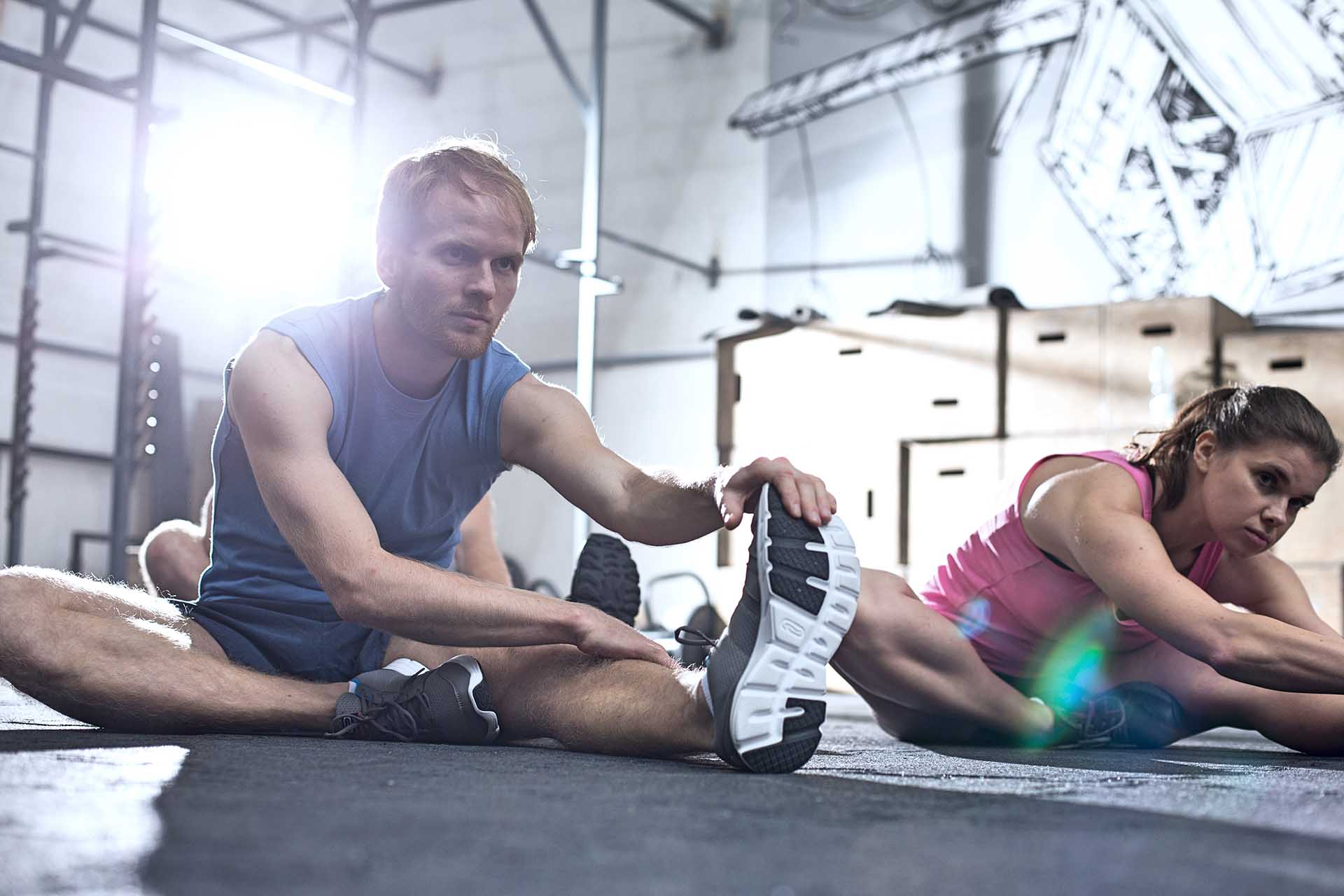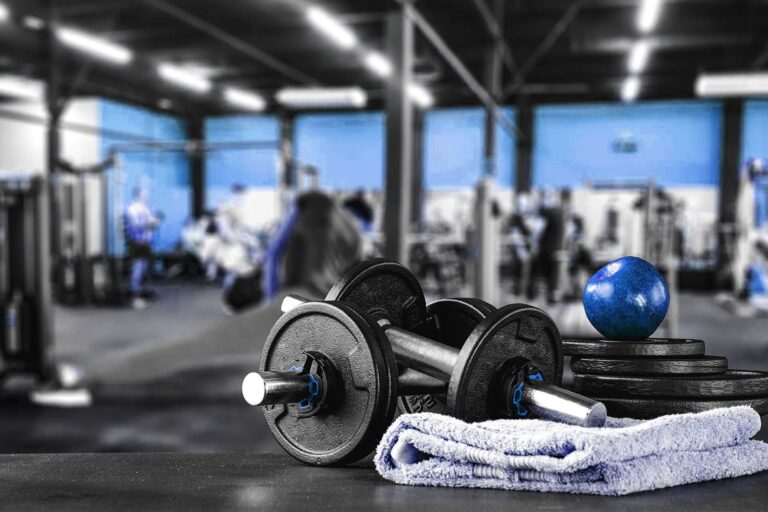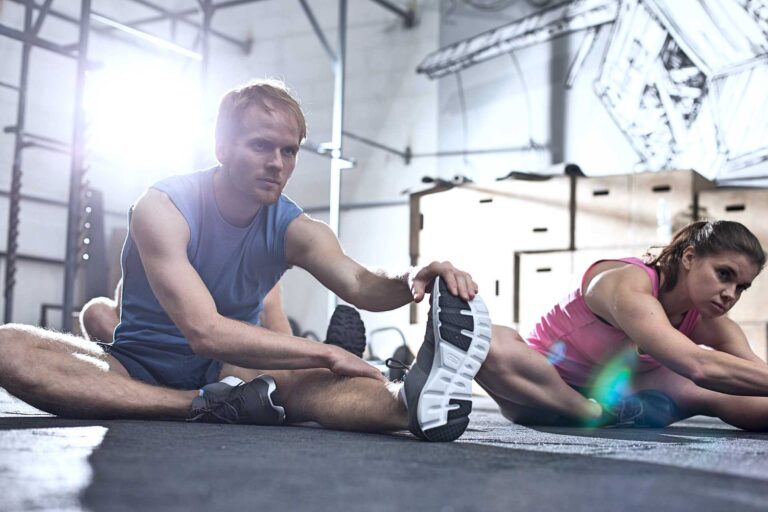Weight training is an effective way to build muscle mass and increase stamina, but many people fall into the trap of over-exercising, which can hinder progress and lead to health problems. Overtraining is a condition in which the body cannot recover properly due to constant stress. Excessive amounts of exercise, lack of rest and inadequate nutrition can all contribute to its development.
What is overloading?
Overtraining occurs when the amount and intensity of exercise exceeds the body’s ability to recover. Overworking the muscles and nervous system can not only slow muscle development, but can also cause injuries, hormonal imbalances and mental fatigue. There are two main types of overuse:
- Sympathetic overexertion: characterised by increased irritability, higher heart rate and insomnia. This often affects endurance athletes.
- Parasympathetic overstrain: Typical symptoms include reduced performance, fatigue and lack of motivation. It is usually seen in athletes who perform strength training.
Symptoms of overdosage
Overtraining can produce a variety of symptoms that vary depending on the individual and the type of training:
- Physical symptoms: Persistent muscle pain, reduced strength levels, slower recovery, frequent injuries, sleep disturbances, chronic fatigue.
- Mental symptoms: Loss of motivation, irritability, anxiety, depression, reduced ability to concentrate.
- Physiological changes: increased resting heart rate, decreased appetite, hormonal imbalances (e.g. decreased testosterone, increased cortisol levels), decreased immune function.
How can we prevent overloading?
To avoid over-exertion, it is important to balance the training programme with rest and recovery. The following steps can help prevent over-exertion:
- Ensure adequate rest: muscles do not develop during training, but during the rest period. At least 1-2 rest days should be included in the weekly training schedule.
- Use of periodisation: cyclical variations in intensity and volume of training allow the muscles and nervous system to recover.
- Adequate nutrition: sufficient protein intake, adequate carbohydrate intake and healthy fats are key to optimal recovery.
- Adequate sleep: deep and restful sleep is essential for recovery. 7-9 hours of sleep a day ensures hormone balance and muscle recovery.
- Regeneration techniques: stretching, massage, sauna, hot and cold therapy and active regeneration exercises can help muscles recover faster.
- Paying attention to the body’s signals: it is important to pay attention to the signals your body sends. If you are experiencing persistent fatigue or a decrease in performance, you may want to reduce your training intensity or take more rest.
- Use of complementary methods: vitamins, minerals and antioxidants can help reduce oxidative stress and promote regeneration.
What to do if you have already developed an overdose?
If symptoms of overdosing are already present, the most important thing to do is to ensure adequate rest. A week or two of complete rest or light exercise can help the body recover.
Further steps to recovery:
- Filling nutritional gaps: ensure adequate macro- and micro-nutrients.
- Improving sleep quality: creating a good sleeping environment and regular sleep time can help you recover faster.
- Taking mental health into account: reducing stress and using relaxation techniques (e.g. meditation, yoga) can help to regain mental freshness.
- Seek professional advice: if symptoms persist for a long time, it is advisable to seek the advice of a trainer or sports doctor.
Summary
Obesity is an existing problem that can negatively affect performance, health and long-term development. The key to prevention is maintaining a balance between exercise, rest and nutrition. Pay attention to the body’s signals and cut back on exercise volume when necessary to avoid permanent damage. By consciously building up your training plan and ensuring adequate recovery, you can avoid problems caused by over-exertion and become more effective in sport in the long term.
If you notice the above symptoms and/or have any questions about the topic, please feel free to contact our expert trainers at Soul Gym in Pécs, or send an e-mail to mailto:contact@soulgym.hu.





